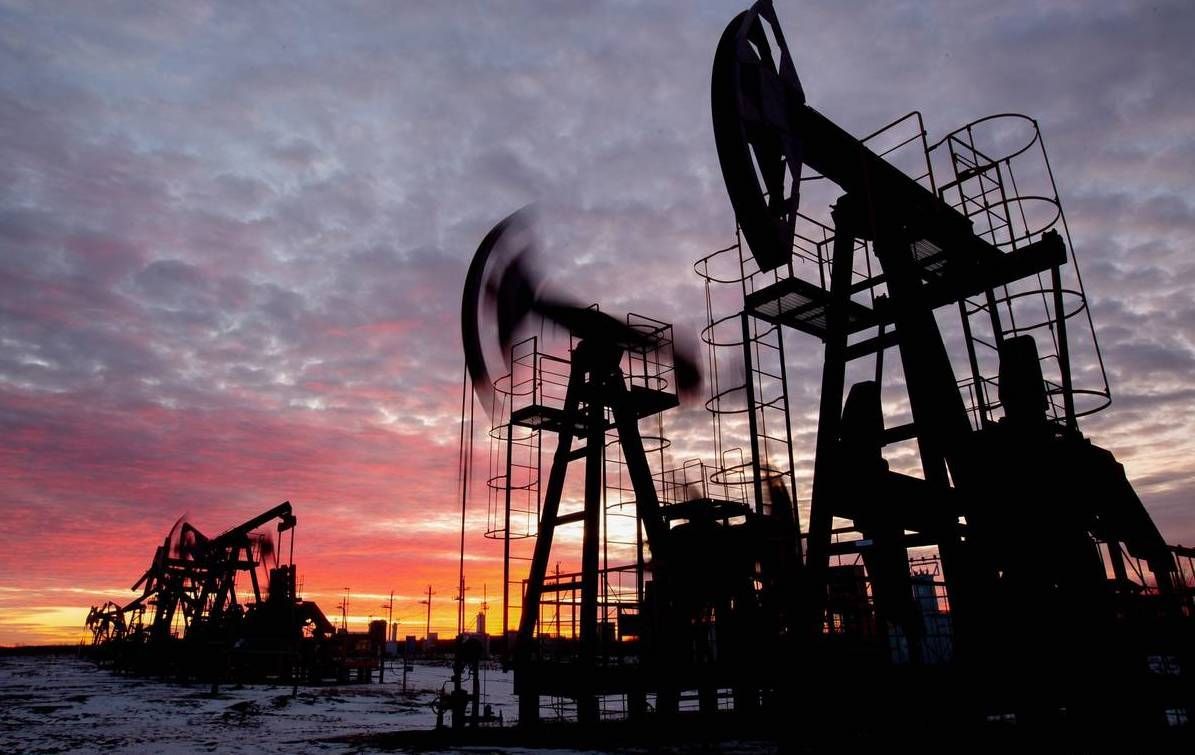
People walk along the Marina Bay waterfront in Singapore on May 25, 2023. (Photo by Roslan RAHMAN / AFP)
BEIJING: China was expected to recover and give the global economy a boost after it abandoned its draconian zero-Covid policy and reopened its borders in late 2022.
Yet, domestic consumer spending has tanked and trade has fallen.
With revenues under pressure from falling prices of goods and services, businesses have cut back on hiring and investments in favour of slashing costs.
Meanwhile, more than one in five of those aged between 16 and 24 in China was unemployed in May, a record high, data released last Thursday showed.
In response, the People’s Bank of China cut the borrowing cost of its medium-term policy loans by 10 basis points to 2.65% for the first time in 10 months last Thursday.
This came two days after the central bank lowered the cost of short-term lending to 1.9% from 2%, also for the first time in 10 months, and after six state-owned banks last week cut yuan-denominated deposit rates to 0.2% from 0.25% to incentivise borrowing and consumer spending.
The root cause of China’s economic slowdown can be attributed to its consumer psychology.
“There is still a sense of fear and uncertainty following the shock of the pandemic lockdowns, which were among the most severe in the world,” said Singapore’s Nanyang Technological University professor of economics Tan Kong Yam of the country’s three-year lockdown.
“Chinese consumers are still very risk-averse and fearful of losing their jobs and income if things turn bad again. The consumer psychology in China now is not to consume but to save cash for rainy days ahead.”
Many are also saving to reduce their mortgages amid restrictive government measures to curb speculation and stabilise property prices, which have in recent years risen beyond what many are able to afford.
Others have sold their properties at a loss as prices tapered in the wake of stricter regulations and direct government intervention in some cities to prevent price inflation.
As a result, consumer confidence levels have been weak, and households are reluctant to borrow and spend. This has led to a slowdown in business activities such as hiring and manufacturing, and curbed investments on innovation and growth.
Additionally, exports are contracting due to the weaker global economy, while some foreign companies have channelled capital elsewhere as tensions persist between China and the United States.
Driven by government stimulus and domestic spending on services, the Chinese economy is expected to grow by 5.6% in 2023 and 4.6% in 2024, according to the latest forecasts by the World Bank in June.
Other analysts are predicting that China will grow by at least 5%. That is higher than 2022’s growth of 3%, but much lower than the gross domestic product levels seen before the pandemic.
Tan said confidence levels and investor sentiment will gradually improve as more stimulus measures are rolled out to speed up the process of recovery.
He added that foreign and private investments should continue despite ongoing geopolitical tensions between China and the United States. This is because China needs the US market and foreign investments to create more jobs, while the United States needs cheap but quality products. — The Straits Times/ANN








































